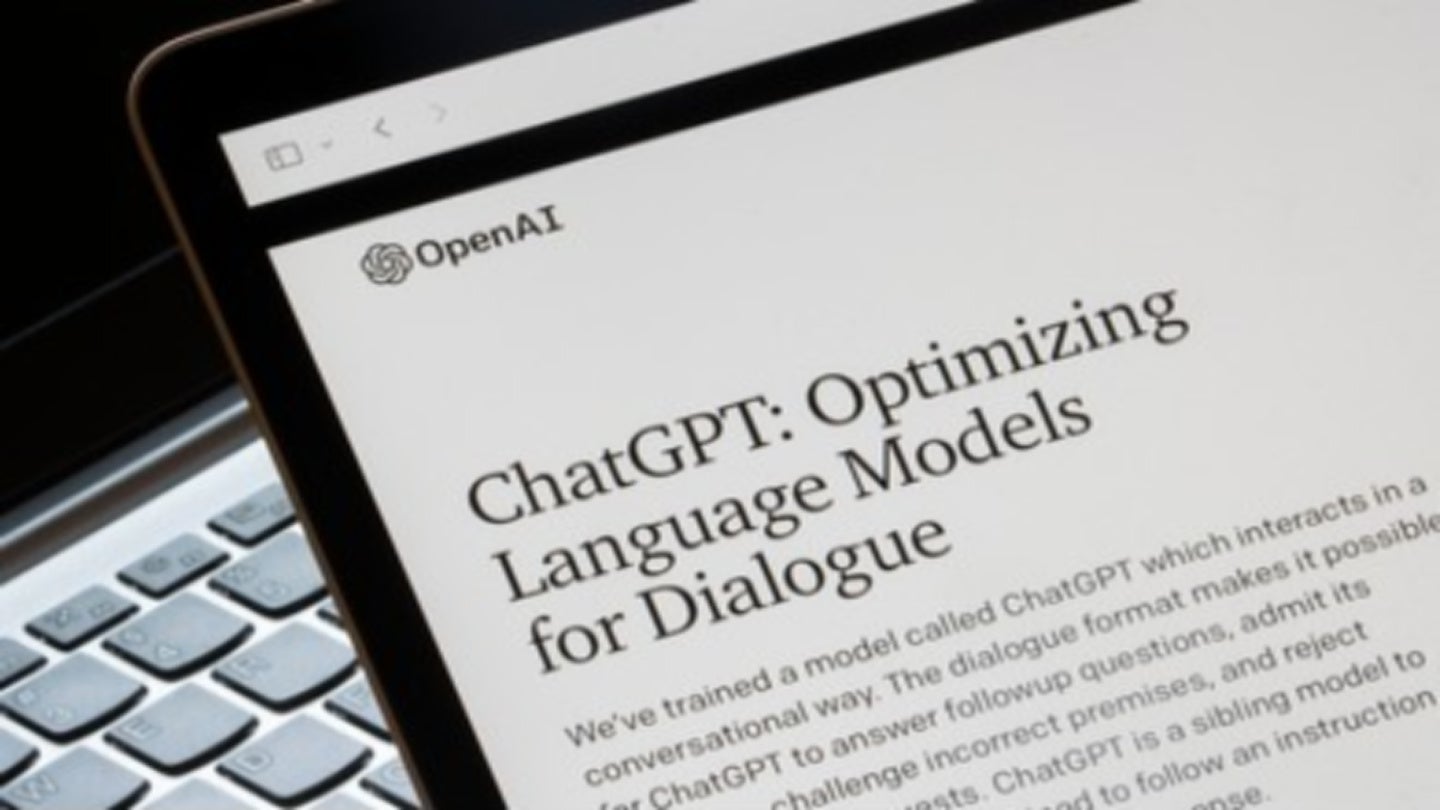The release of ChatGPT—a generative pre-trained transformer language model optimized for dialogue or chat—by OpenAI in December 2022 generated even more excitement about the potential of artificial intelligence (AI) than its predecessor, the successful GPT-3. Certainly, ChatGPT is able to sustain a conversation of very creditable quality. But there has been very impressive progress in other areas of AI, such as facial recognition, virtual assistants, and (to a certain extent) autonomous vehicles (AVs), which justify this excitement. However, we are still in the early stages of the AI roadmap.
The AI roadmap
Such a roadmap includes several types of AI, each more advanced than the previous one. The best way to understand the different types of AI is to consider the information the system holds and relies upon to make its decisions. This, in turn, defines the range of capabilities and, ultimately, the AI scope. There is a significant difference between a system with no knowledge of the past and no understanding of the world and a system with a memory of past events that has an internal representation of the world and even of other intelligent agents and their goals.
As a result, AI can be classified into four types based on memory and knowledge.
- Reactive machines: This type of intelligence acts on what it perceives and does not rely on any internal concept of the world. It neither has the ability to form memories nor to use past experiences to inform decisions. Examples include email spam filters, video streaming recommendation engines, or even IBM’s DeepBlue, the chess-playing supercomputer that beat international grandmaster Garry Kasparov in the late 1990s.
- Limited memory: This type of intelligence can use past experiences incorporated into its internal representation of the world to inform future decisions. However, such past experiences are not stored for the long term. A good example is certain functionalities of autonomous vehicles, which constantly observe other cars’ speed and direction, adding them to their internal pre-programmed representations of the world. These representations also include lane markings, traffic lights, and other essential elements, like curves in the road. With this combination of static information and recent memories, the autonomous vehicle can decide whether to accelerate or slow down, change lanes, or turn.
- Theory of mind: This type of intelligence, which has not yet been successfully implemented, involves a more advanced internal representation of the world, including other agents or entities, which are intelligent themselves and have their own goals that can affect their behaviour. Continuing the previous example of the autonomous vehicle, to anticipate the intention of another driver to change lanes, they must hold an internal representation of the world that includes the other driver’s state of mind. As complex as this may sound, experienced human drivers do precisely that, as they can anticipate, say, a pedestrian that may be about to cross the street suddenly or a distracted fellow driver that might abruptly change lanes without signalling. In psychology, a system that imputes mental states to other agents by making inferences about them is properly viewed as a theory and thus called a theory of mind because such states are not directly observable, yet the system can be used to predict the behaviur of others. Only an AI system with theory of mind could handle mental states such as purpose or intention, knowledge, belief, thinking, doubt, guessing, pretending, or liking, to name a few.
- Self-awareness: This type of intelligence effectively improves the theory of mind, whereby its representation of the world and other agents also includes itself. Self-aware, conscious systems know about their internal states and can predict the feelings of others by inferring similar internal states to their own. If it sees a person crying, a self-aware system could infer that person is sad because that is how its own internal state is when it cries.
ChatGPT is a further step down the AI road
While ChatGPT does have some limited memory, which it can use to make its conversation sound more natural and engaged, it does not appear to hold any theory of mind and less so self-awareness. However, ChatGPT has not been designed to do so (it is based on the OpenAI’s GPT-3.5 language model, a very powerful deep learning model), and therefore it would be wishful thinking to assume that through training on data sets such features would simply emerge.
For a conversational platform, this may be more relevant than it appears at first sight because the essence of useful and insightful conversations between humans often revolves around understanding what the other party really means, what the underlying question is, or even what the hypothesis is behind a line of questioning. This may not be too relevant for an informal conversation at the supermarket, but it is essential to business conversations that most information workers have with their customers and partners.
OpenAI’s ChatGPT is an impressive technological feat and takes us one step closer to one day achieving artificial general intelligence (AGI). AGI, or general AI, is a theoretical form of AI whereby a machine would have an intelligence equal to humans. As such, it would be sentient and have a self-aware consciousness that could solve problems, learn, and plan for the future. This is the most ambitious definition of AI, the holy grail of AI, but it remains purely theoretical. However, it is still important not to succumb to the hype and understand what it is and is not capable of.
How well do you really know your competitors?
Access the most comprehensive Company Profiles on the market, powered by GlobalData. Save hours of research. Gain competitive edge.

Thank you!
Your download email will arrive shortly
Not ready to buy yet? Download a free sample
We are confident about the unique quality of our Company Profiles. However, we want you to make the most beneficial decision for your business, so we offer a free sample that you can download by submitting the below form
By GlobalData







